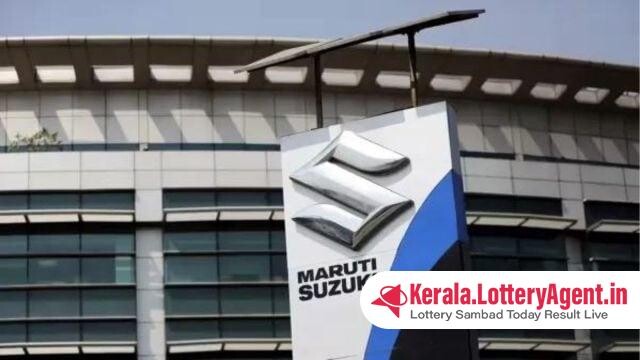
In a significant movement towards enhancing vehicular safety, Maruti Suzuki, India’s leading automotive manufacturer, has initiated the process to procure Bharat New Car Assessment Programme (Bharat-NCAP) safety ratings for several of its vehicles. This information comes directly from a well-placed government source privy to the company’s endeavors.
In a landscape where safety standards are becoming increasingly paramount, Maruti Suzuki’s step is timely and reflects a focus on customer assurance and compliance with evolving safety protocols. The Bharat-NCAP, which establishes an independent framework for assessing the safety performance of automobiles in India, represents an important leap towards aligning domestic car safety evaluations with international best practices.
India’s very own Bharat-NCAP was officially launched in August of the previous year. The nascent safety program swiftly found its pioneers with Tata Motors’ SUVs, the Safari and Harrier, being the initial vehicles to be assessed. Both models gloriously received a 5-star rating for their exceptional adult and child occupant protection, setting a benchmark for other manufacturers to aspire to.
With the launch of Bharat-NCAP, the goal is not merely to create a safety rating system but to instigate a comprehensive overhaul in the standards of road and vehicle safety. Nitin Gadkari, the Minister for Road Transport and Highways, had previously articulated that Bharat-NCAP is not just a mimic of global protocols but is a system intended to surpass the mandatory regulations, thereby elevating the protective measures available to Indian consumers.
In a related vein, the government insider also revealed plans to modernize the current method by which highway construction progress is measured. The intent is to shift from gauging construction in terms of ‘road km’ to ‘lane km’ within this financial year. This change signifies the government’s strategic shift towards the construction of expressways, which, given their multi-lane structure, necessitates a more sophisticated approach for progress measurement.
Traditionally, the linear length method, simpler in its approach, has been employed to document the construction and expansion of national highways. However, with India aggressively moving towards the development of expansive and multi-lane expressways, a recalibration in the appraisal modality is both logical and needed.
The implications of Maruti Suzuki’s bid to secure Bharat-NCAP certifications are far-reaching. For one, it highlights the growing importance of safety features in consumer preferences. It also aligns an industry giant with an emerging standard, thereby amplifying the initiative’s influence in the national automotive space. Consumers, safety advocates, and industry stakeholders alike will be closely monitoring this process for its broader impact on how vehicular safety is prioritized and communicated in one of the world’s largest automotive markets.
These developments are of particular interest as India grapples with a high rate of road accidents, which often involves questions around vehicle safety standards. By adopting Bharat-NCAP ratings and striving for these safety verifications, Maruti Suzuki sends a strong signal of its commitment to enhancing the safety quotient of its offerings.
It is anticipated that the vehicles adjusted and scrutinized under these assessments will emerge not only with a quantifiable safety rating but also with the potential to reset consumer expectations around vehicle safety in India. As the country’s automotive industry gears up to meet and maximize these standards, the influence of Bharat-NCAP is expected to grow, eventually paving the way for a safer automotive future for all of India’s road users.












